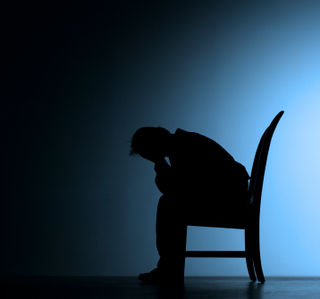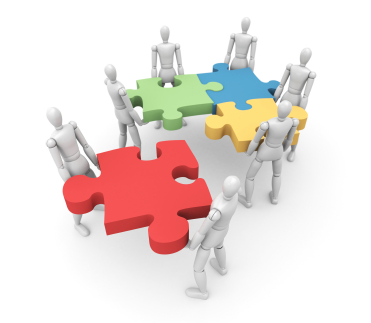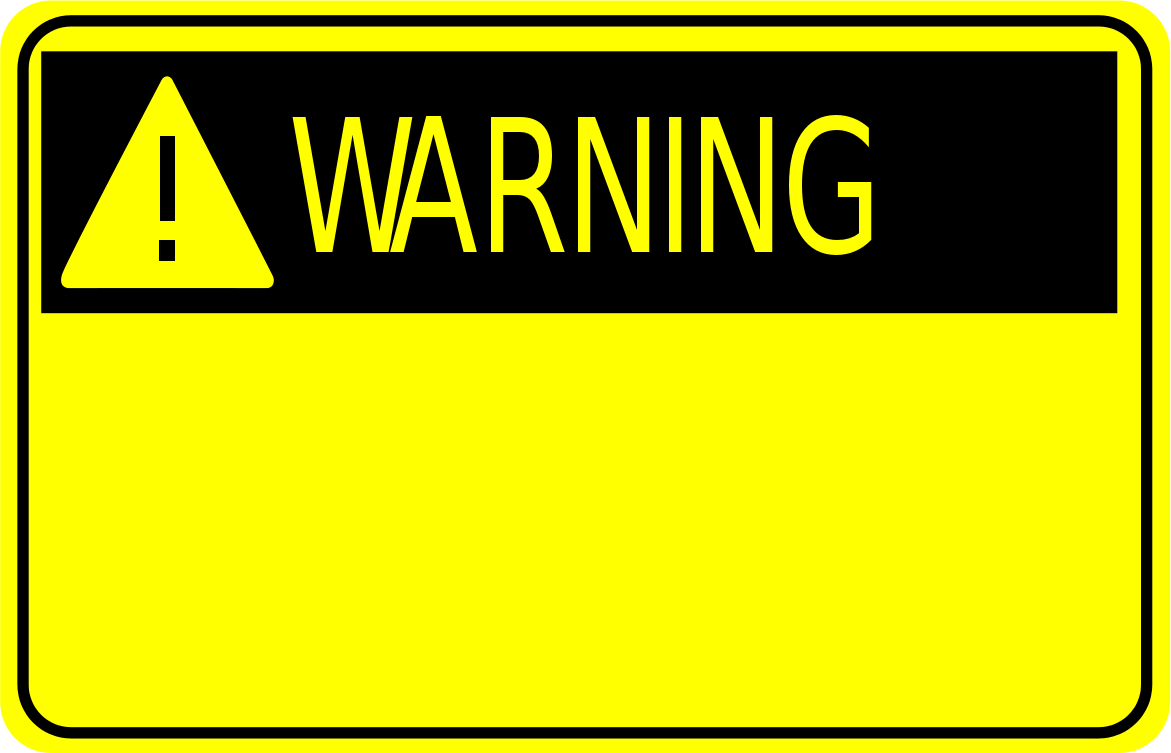The main reason why I wrote CRAZY was to expose how thousands of persons with severe mental illnesses are being locked-up in jails and prisons because of inadequate community services and laws that require a person to be dangerous before they can be helped. 
To me, the incarceration of persons whose only real crime is that they have become ill is a national scandal.
Of course, not everyone with a severe mental disorder in Miami, where I did my research, ended up in jail. When I did my investigation, there were 4,500 persons with severe mental disorders living in 650 boarding homes, called Assisted Living Facilities. At one time, most of these folks would have confined in state hospitals. Now they are in the community — which is wonderful.
Wonderful, that is, until you explore the conditions under which many of them are living today.Click to continue…



 What if someone with a severe stutter wants to work as a broadcast journalist? Should a college allow that person to enroll in its school of mass communication?
What if someone with a severe stutter wants to work as a broadcast journalist? Should a college allow that person to enroll in its school of mass communication?

